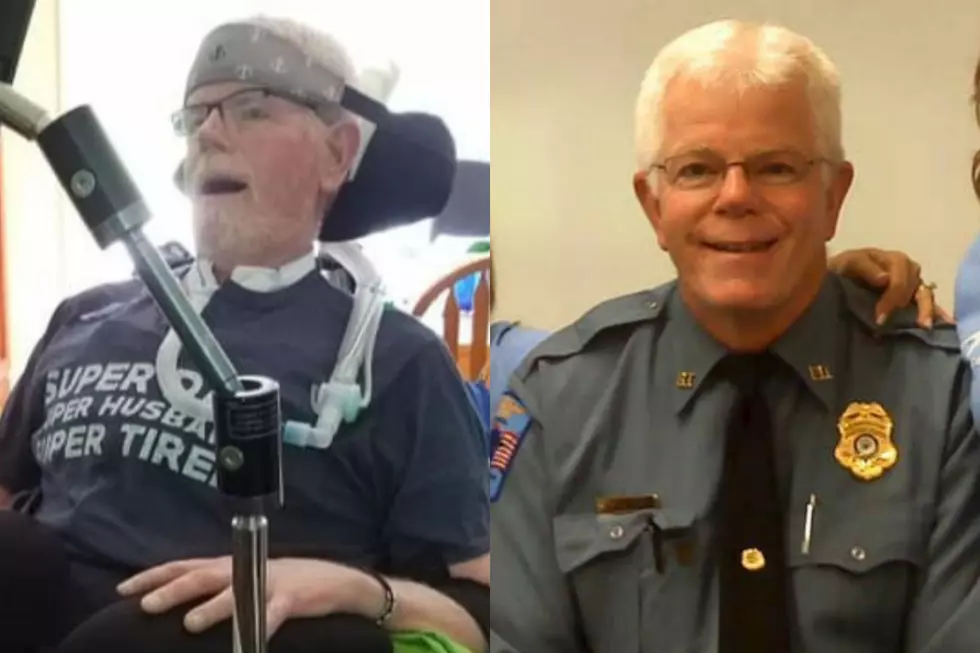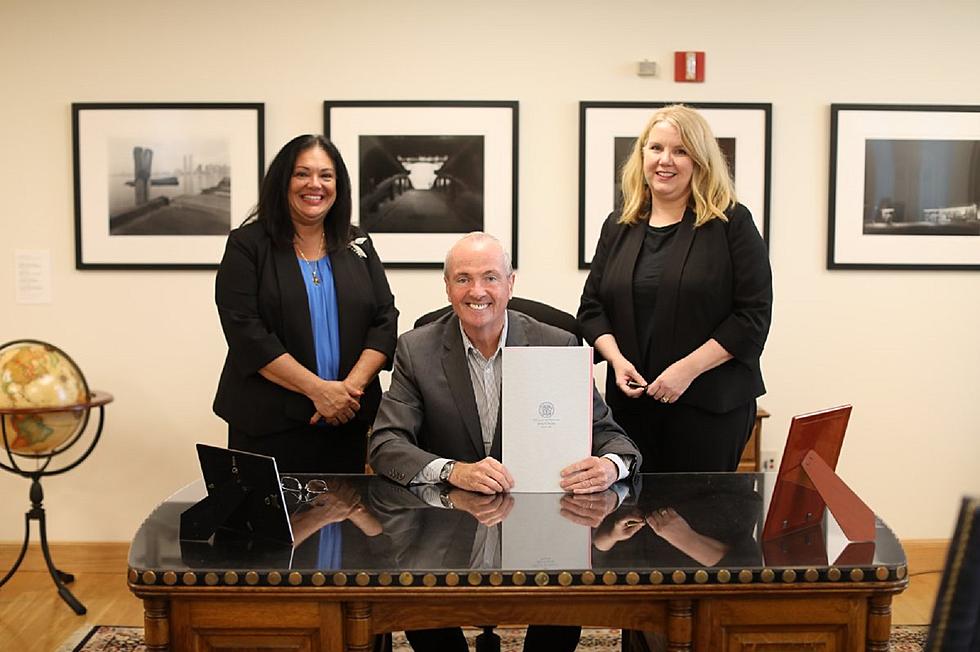NJ hospitals make big mistakes, but they respond well
Surgery is performed on the wrong part of the body. A foreign object is left inside a patient after surgery. The wrong egg or sperm is used during artificial insemination.
These and many other adverse scenarios are called "never events," but they do occur at all hospitals — with some carrying the potential of causing serious bodily injury or even death.
So how are New Jersey's hospitals at handling these major medical errors?
Better than hospitals in most other states, according to a new analysis from The Leapfrog Group, a national nonprofit devoted to improving the quality of American health care.
Of the 67 New Jersey hospitals that responded to Leapfrog's survey, 64 had a never-events policy in place that met the group's standard:
- Apologize to the patient and/or family
- Report the event to an outside agency
- Perform a root-cause analysis
- Waive costs directly related to the error
- Make a copy of the policy available upon request
"It's really one of the best-performing states on this particular measure," said Leapfrog's Missy Danforth. "New Jersey honestly is really a great example of a group of hospitals trying to make sure that when one of these horrible things happen, patients are treated and their families are treated in the best way possible."
Much of New Jersey's success can be attributed to the state's Patient Safety Act, which was signed into law in 2004 and made sure hospitals took specific steps when a patient's safety was compromised.
But some New Jersey hospitals go above and beyond what's mandated by the state. While state law does not require an apology to the affected patient and/or family, more than 95 percent of New Jersey's reporting hospitals have an apology requirement in place.
"Oftentimes this can do a lot to help the patient and the family heal from these events - not only knowing that they're protected from the added costs, but also knowing that there is an acknowledgement that a mistake has happened and that there is a general feeling of remorse," said Patricia Kelmar, senior policy advisor for the New Jersey Health Care Quality Institute.
The report did not look at hospitals' errors directly. The most recent state data on these adverse events come from 2012. Statewide that year, 38 cases involved a surgical item or device fragment left inside a patient.
Nearly 970 accidental punctures or lacerations were reported as well, along with 157 cases of postoperative sepsis and 170 cases of birth trauma, among other errors.
"As the name implies, these are events that should not happen," said Kerry McKean Kelly, spokesperson for the New Jersey Hospital Association, responding to the Leapfrog report. "But in the rare occurrence that they do, it is important to have the right process in place to report to the proper health authorities and to patients, and that's what New Jersey has done."
Just three states - Maine, Massachusetts and Washington - scored higher than New Jersey, with 100 percent of their facilities reporting an adequate never events policy in place.
Also from New Jersey 101.5:
More From New Jersey 101.5 FM








